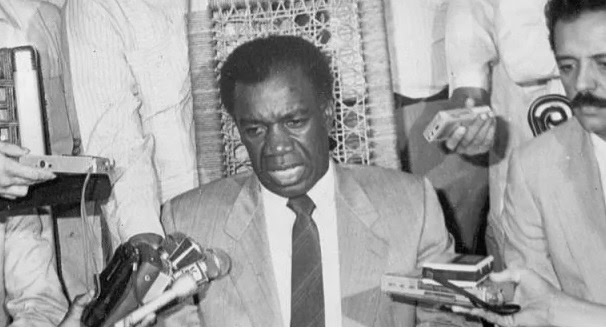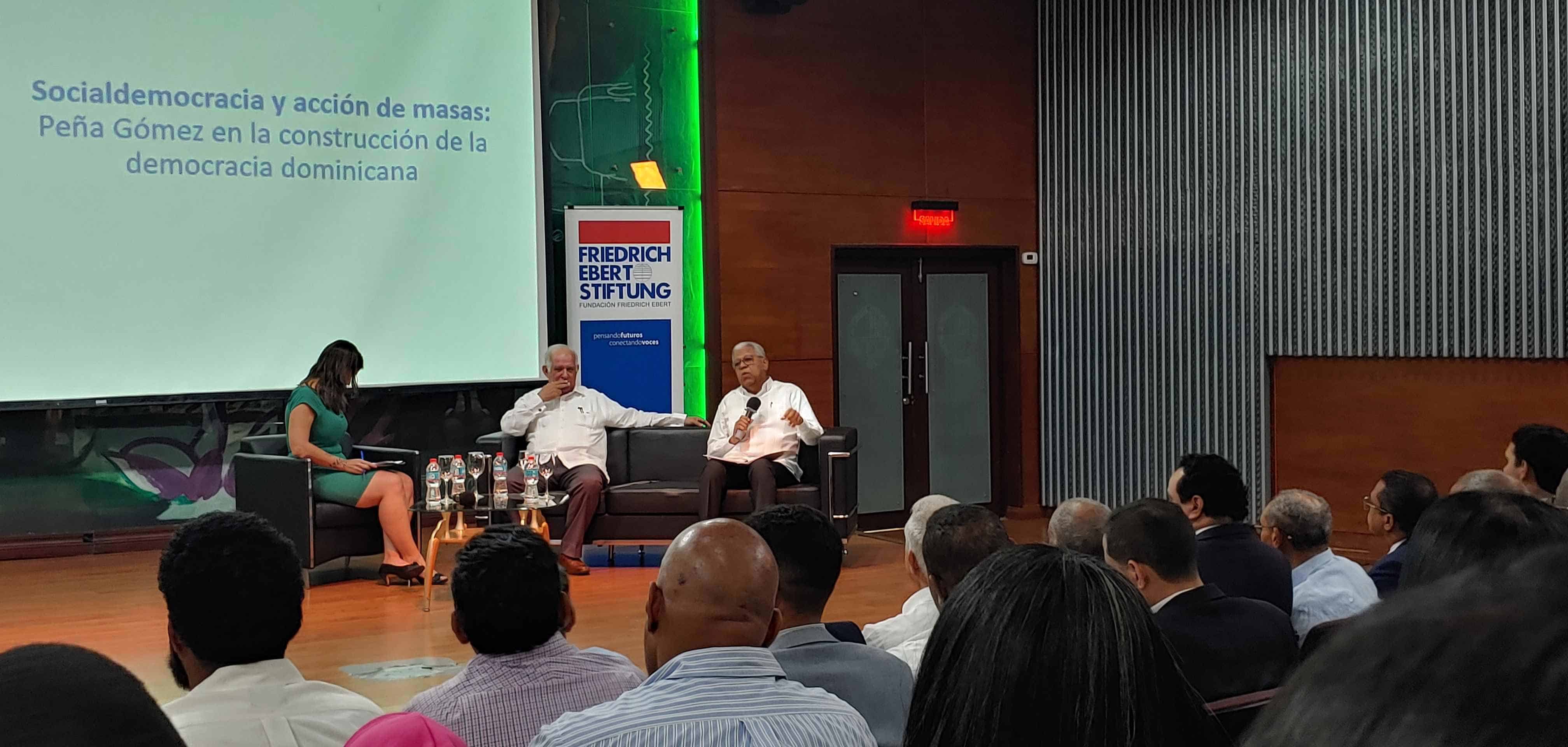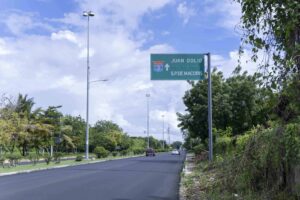
In a event that brought together figures from the academic, political and social field, the sociologist Wilfredo Lozano presented his conference entitled “Social democracy and mass action: Pena Gomez in the construction of the democracy Dominican”.
The activity was organized by the Friedrich Ebert Foundation (FES) and the Faculty of Economic and Social Sciences (FCES) of the Autonomous University of Santo Domingo (UASD). The meeting highlighted the importance of thought politician of Jose Francisco Pena Gomez and its influence on democracy modern Dominican Republic.
The day began with the words of Paula Rodriguezrepresentative of the Friedrich Ebert Foundationwho stressed the relevance of Pena Gomez as a reference in national political history. “His legacy not only transformed Dominican politics, but also left lessons for new generations about the importance of social justice and citizen participation,” said Rodríguez.
Rosalía Sosavice chancellor of Extension at the UASD, also highlighted the impact of the leader social democrat: “Pena Gomez “transcended generations, building democratic ideals that still guide Dominican politics today.”

He thought politician of Peña Gomez, according to Wilfredo Lozano
In his conference, Lush broke down the fundamental pillars of the thought of Pena Gomezwho, according to the academic, integrated beginning essential as alternation in powerpolitical pluralism and citizen participation.
Lozano stated that Pena Gomez He was a visionary who articulated a solid democratic proposal, both locally and internationally.
Six key principles of Peña Gómez’s thought
- Alternation in power: Pena Gomez He understood this principle as essential for democratic stability.
- Political pluralism: defended the inclusion of diverse voices to build a competitive and participatory system.
- Consensus and agreements: Lozano highlighted how Pena Gomez prioritized dialogue and consensus building in its political strategies.
- Citizen participation: promoted the integration of the people in decision-making, beyond electoral processes.
- Strengthening local governments: Pena Gomez considered that local governments were essential to consolidate the democracy.
- International dimension of the democracy: recognized the importance of articulating the democratic struggle with international movements.

A figure of humility, resistance and leadership
The sociologist and historian Rubén Silié complemented Lozano’s intervention by highlighting the human dimension of Pena Gomez: “He was a leader close to the people, someone who lived on the streets and ate wherever necessary. His humility, even in the midst of political persecution, made him an ethical reference.”
Silié also emphasized the international impact of his leadership: “Pena Gomez contributed to consolidating a democracy inclusive and participatory in the region”.
Likewise, he recalled that his educational speeches mobilized the people to fight against the dictatorships of his time, promoting active resistance against the regime of Joaquín Balaguer.
The evolution of his political thought
Lozano spoke about the intellectual and political career of Pena Gomezfrom his youth in a rural environment, to his leadership in the Dominican Revolutionary Party (PRD). Unlike leaders like Juan Bosch and Balaguer, who developed their thinking from positions of privilege, Pena Gomez He built his democratic vision from his direct experience with social inequalities.
The academic detailed how Pena Gomez He advocated for the organization of the people above party structures, a vision that led him to redefine Dominican politics by prioritizing social justice and popular participation as central axes of democracy.
A current political legacy
The event concluded with a space for dialogue and the circulation of a publication with the same name as the conference, which promises to be a reference for future research on the life and thought of Pena Gomez.
The conference reaffirmed the importance of José Francisco Pena Gomez as a pillar of social democracy in the Dominican Republic and as an example of ethical and transformative leadership in Latin America.



